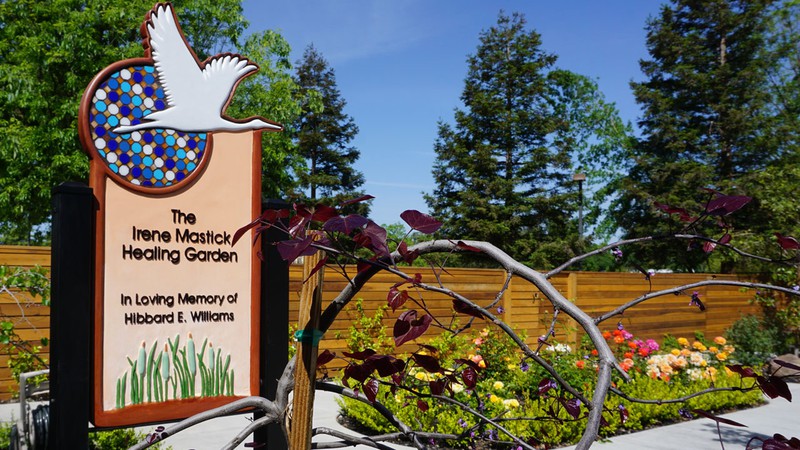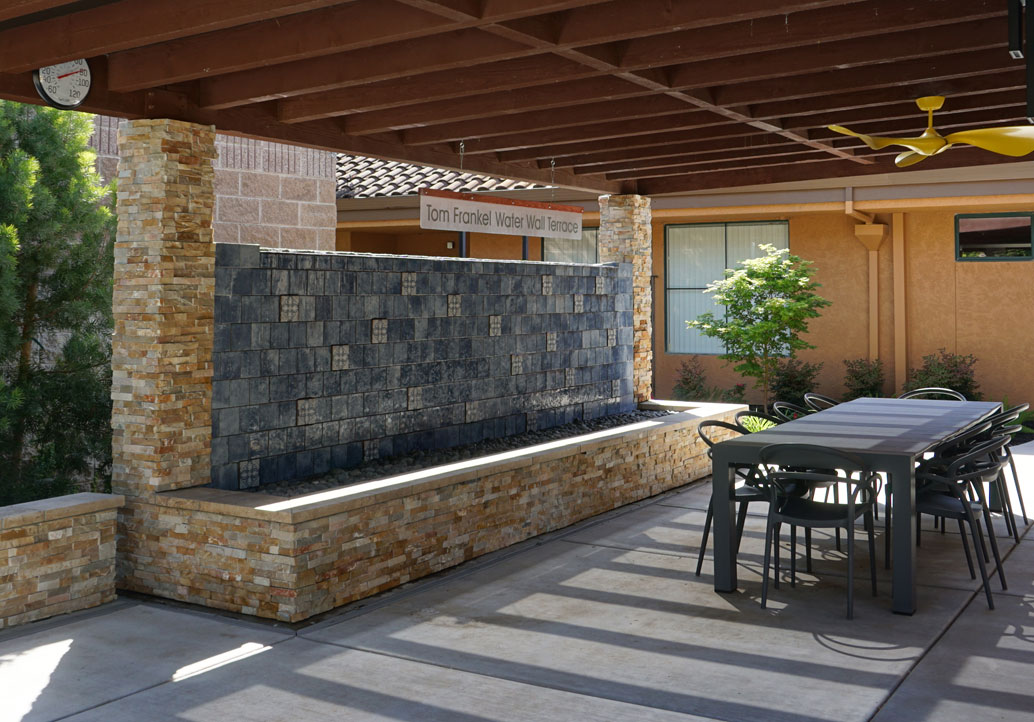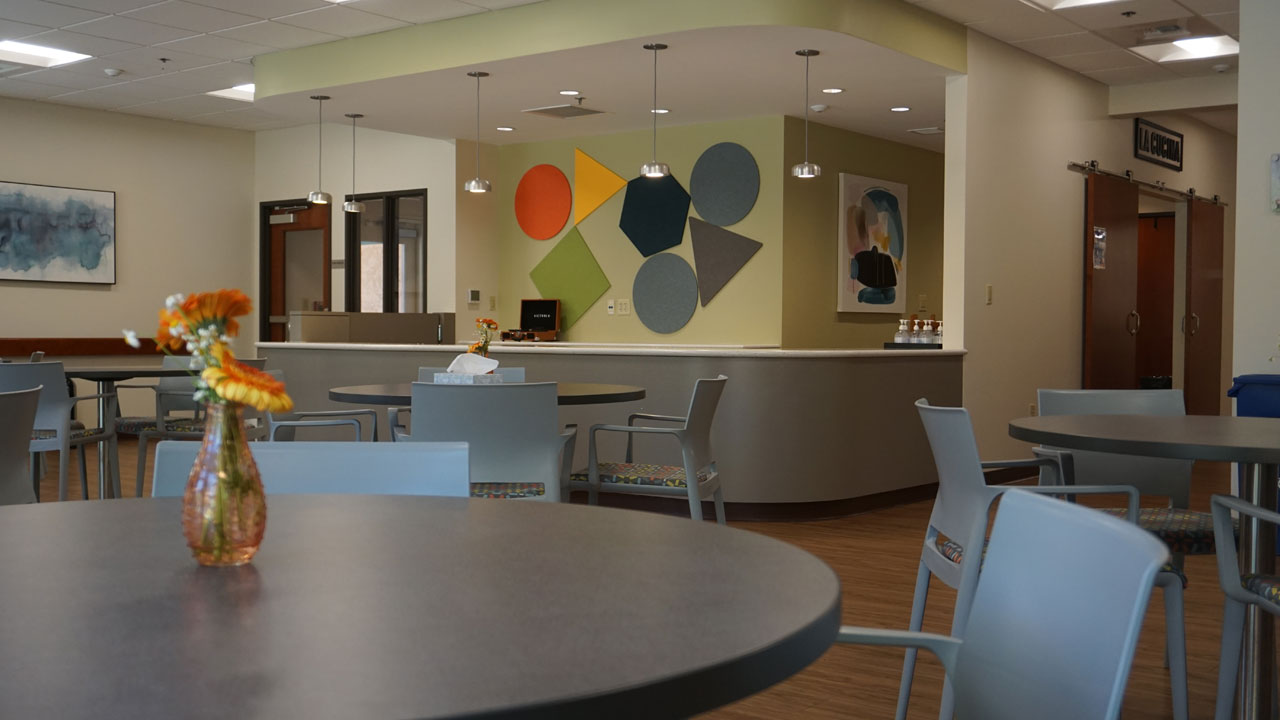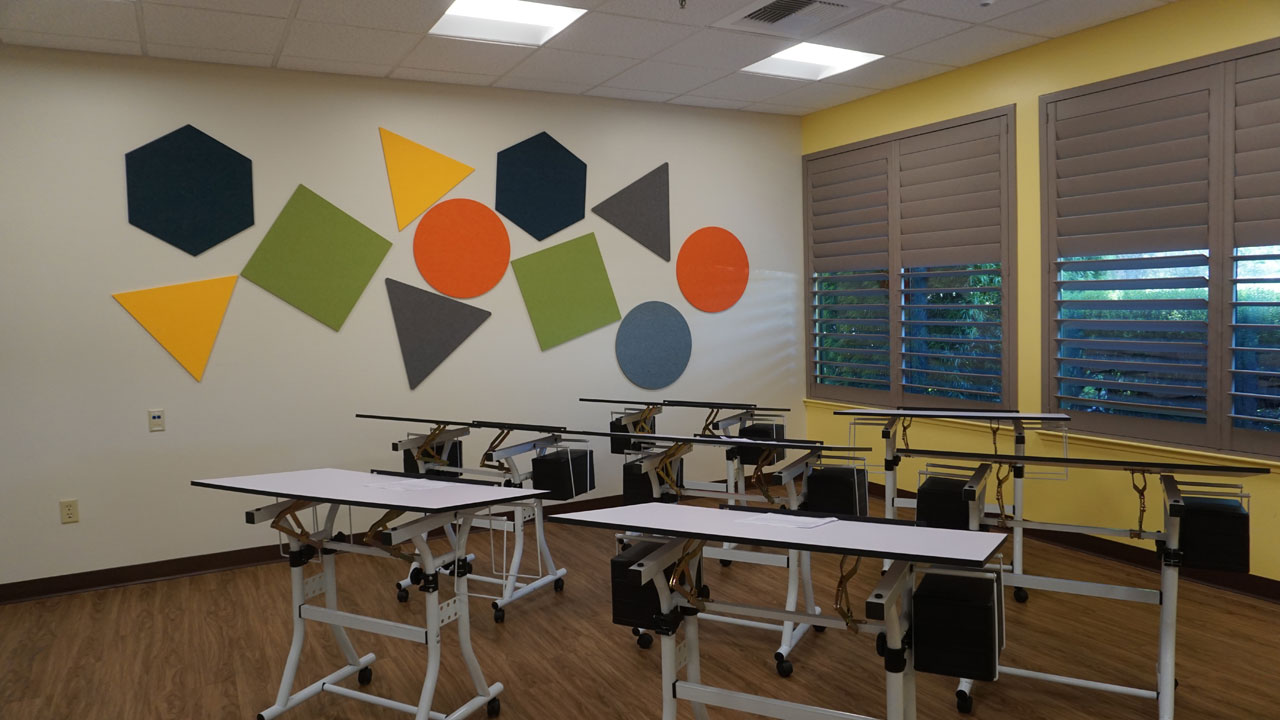
With spaces to relax and socialize, YoloCares facilities support patients along their care journey—not just the end of life. YoloCares
As the Sacramento region’s first independent hospice, YoloCares has long been a trailblazer on behalf of those with life-limiting illnesses. Today, this organization has expanded into a nationally recognized partner in the hospice world while remaining a great comfort to local families dealing with heartbreaking circumstances.
This month the nonprofit will host its 2024 Quintessential Care Summit on March 15, in partnership with Sacramento State Department of Gerontology.
The event will feature award-winning poet Mark Doty and Dr. Cameron Muir, chief innovation officer of the National Partnership for Healthcare and Hospice Innovation, in addition to a dozen other experts. The summit is being held at Sacramento State University.
Gia Martucci, a spokesperson for YoloCares, says the summit serves as “an educational resource for the local communities and beyond regarding all end-of-life issues.”
It also offers an occasion to celebrate the work done by YoloCares, a leading provider of bereavement and hospice services for residents not only of Yolo but also Sutter, Colusa, Sacramento, and Solano counties.
Deep Roots
For more than 40 years, YoloCares was known as Yolo Hospice. The organization started out as a small, volunteer-led effort in 1979 to support those at the end of their lives. Today, YoloCares still offers quality hospice services for families.
The human spirit has always been at the heart of what YoloCares does, and team members individualize care for every family they work with. What is important to a person experiencing the end of life? How should time be spent? What goals are still left to achieve? These are a few of the questions asked of patients to create the best support plan possible.
Over the years, the organization grew—both geographically and also in its roster of services offered. As decades passed, the surrounding community evolved, and Yolo Hospice kept up by diversifying the ways it served and supported. Eventually, the name Yolo Hospice was limiting the organization’s reach.

In 2021, the decision was made to change the name to YoloCares. Communications specialist Martucci says the new name and logo were needed. “This move was made in order to be more inclusive of our programs as we have expanded over the last 40 years. Our vision is that YoloCares offers a broad continuum of care that can support patients along their care journey—not just for the last six months of their lives.”
While YoloCares supports the journey of so many others, it is also on its own path, with new opportunities to reach new families and make a difference both locally and nationally.
Confronting Loss
While YoloCares’ original focus was on end-of-life patients, it has also recognized the importance of helping those left behind. Its Center for Loss & Hope offers a variety of counseling and support services for those who have experienced the significant loss of a loved one. These resources include:
Enriching Experiences
In recent years, YoloCares has offered several programs to benefit patients and their families.
Galileo Place, a project developed by YoloCares, is an adult day program in Davis that includes a 6,000-square-foot facility with an attached therapy garden.
At the time of the opening, Martucci says, Galileo Place was the first weekday respite program in Davis, providing “socialization and enrichment activities for seniors with mild cognitive impairments.”

Many caretakers of aging parents carry guilt about needing to utilize an adult day care program, Martucci says, holding legitimate concerns that their loved one will be treated in a condescending manner. Galileo Place aims to remove this stigma from the industry with its welcoming environment, she says. Each participant is respected and empowered to be independent in whatever manner they are able.
The building is colorful, decorated smartly, and contains windows that flood rooms with natural light. This facility also includes a family room, art studio library, game room, kitchen, and even a meditation suite along with the therapy garden. The goal is to make the facility truly feel like a home, and this effort combined with meals and social time among residents have brought a positive option onto the table for many families.
YoloCares University is an educational resource for clinicians and employees of facilities that partner with the organization. The ultimate goal is to provide the highest quality of care to patients, and the university model will help clinicians obtain Continuing Education Units while learning skills in care and compassion when it comes to end-of-life care.
The Life Transitions Project seeks to serve those living in Yolo County’s rural Capay Valley. The project addresses the issue that rural and Native American communities tend to be more prone to conditions covered by hospice—including cancer, heart disease and respiratory issues—yet lack access to hospice and palliative care.

Get Involved
YoloCares loves its volunteers, Martucci says, and is ready to welcome more. The Citizens Who Care Volunteer Program provides a variety of ways to get involved. From providing companionship and respite care, to walking a patient’s dog, there are plenty of ways to make a meaningful difference in the lives of others through YoloCares.
Other opportunities include the following:
Comprehensive training is provided to all volunteers, and up to 22 continuing education units can be earned for those wishing to become certified end-of-life specialists. No matter what your goals are, there is a place to serve and help at YoloCares.
As part of the California Hospice Network, YoloCares continues to lead the way as a provider of bereavement and hospice services. Contact YoloCares at (530).758-.5566 or visit YoloCares.org.
Long form articles which explain how something works, or provide context or background information about a current issue or topic.